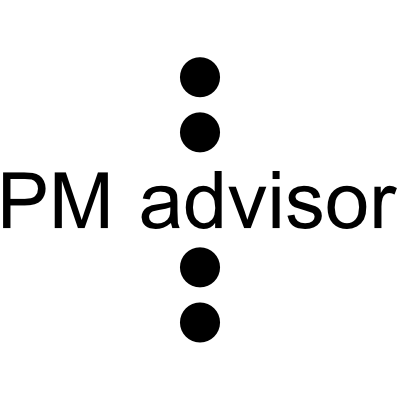The Accidental Project Manager
Much of this article I originally posted on LinkedIn earlier.
If you work in an office (or a home office), there's a good chance that you are a project manager. You might not have the job-title, but some or all of your role will see you responsible for delivering projects, most likely alongside your Business as Usual (BaU) responsibilities. Your projects might be delivery to customers, developing new products or services, or overseeing some kind of organisational transformation or change. I think of these individuals as 'accidental project managers'. They may not have had the training and development that a project professional might have benefitted from, but they still have the expectations.
Right now, we are living in a rapidly changing VUCA world (see HBR introduction to VUCA. We're juggling remote working, economic downturns, and pandemic lockdowns. The 4th industrial revolution (4IR) is accelerating by necessity. It's more important than ever that our projects are successful.
It is increasingly vital that projects deliver the value expected. In 2019 study (The Golden Thread) APM identified that 8% of UK FTE's (1 in 12 of the UK workforce, which is over 2 million workers) are involved in project management and that project management contributes £156.5bn of UK GVA.
Many of the accidental project managers work in the SMEs that are so incredibly important to our economy. Likely, they don't have professional PM colleagues to turn to, and their project sponsors (the executive accountable for realising the benefits from the capabilities created by the project, long after the project is complete) are often unconsciously-competent in project management.
So how can we give the accidental project manager the support they need to provide them with a fighting chance for success? After all, they don't know what they don't know.
How do we help an organisation develop its PM capability?
The professional bodies have an essential part to play. They have and share precious resources. However, their focus has been understandably on organisations with large PM functions, and the project professionals who work in them.
For accidental project managers, and their organisations, a great place to start is to gain an understanding of where the gaps are in the project management capability. On my ProjExc website I offer a free online self-assessment & diagnostic wrapped up in one. Just answering the questions helps move towards at least knowing what you don't know. The follow-up report suggests some quick wins, some longer-term development goals, and shares some information on what high performing organisations do to make sure that their projects have the best chance for success.
This blog shares resources, and links to others, for the accidental PM. It also has a section dedicated to project management in SMEs.
If you know an accidental PM, please share this article. You'll certainly help them, and might even help me too!
I'd also really like to better understand from your perspective, what is the one "must-use" resource for the accidental PM? Comments are open on the blog or why not send an email.
